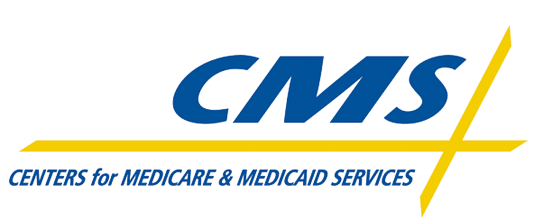Since its introduction six years ago, the Medicare Secondary Payer Recovery Portal (MSPRP) has increasingly become more reliable and useful in communicating to and receiving information from the Medicare conditional payment recovery contractors (BCRC and CRC). Earlier this month, a revised version of the MSPRP User Guide was released (Version 4.2) and provided for further enhancements to the portal:
- To reduce the number of calls received by the BCRC regarding the status of case correspondence, a new read-only Letter Activity tab has been added to the Case Information page, which displays correspondence that has been received or letters that have been sent related to a Benefits Coordination & Recovery Center (BCRC) or Commercial Repayment Center (CRC) case (Section 13.1.1).
- To make MSPRP more consistent so that both insurers and beneficiaries (and their representatives) can request electronic letters, the MSPRP now allows insurers, recovery agents on the Tax Identification Number (TIN) reference file, and insurer representatives with a verified Recovery Agent Authorization, who also log in using multi-factor authentication, to request electronic conditional payment letters (eCPLs) for BCRC and CRC insurer-debtor cases (Sections 13.1.5 and 14.5.4). Note: eCPLs may also be requested on cases that are in bankruptcy.
- To help Account Managers (AMs) determine which currently active designees should be deleted because of long inactivity on an account, a Last Login Date column has been added to the Designee Listing page (Section 8.3.2).
- In cases where Part A, non-inpatient, claims do not have a HCPCS or DRG code associated with them, the Primary Diagnosis Code will appear on the Payment Summary Form (PSF), in bold, under the DX Codes column, along with an explanatory footnote. When the Primary Diagnosis Code is bolded, the HCPCS/DRG column will be blank (Table 13-8).
Practical Implications
Tower MSA staff often spend hours on the phone with the CRC and BCRC to ensure correspondence, such as an authorization, was received and that a matter is progressing to completion. The addition of a Letter Activity tab confirming correspondence has been received and acted upon is a significant benefit as long as the recovery contractors properly update it with the most current documentation received.
Additionally, the ability for an insurer or Tower MSA, on behalf of an insurer, to request an electronic conditional payment letter (eCPL) provides for a more expeditious turnaround time in obtaining this letter which is otherwise sent through the mail. Previously, eCPLs were only available to Medicare beneficiaries.
Update on New Commercial Repayment Center
Since the transition from CGI Federal to Performant Financial as the CRC contractor in February 2018, Tower MSA has encountered a reasonably quick turnaround time (Less than 30 days) in receiving Medicare conditional payment information. Interestingly, in the first few months following the contractor transition the CRC had been issuing Conditional Payment Letters (CPLs), rather than the Conditional Payment Notices (CPNs) (The difference being that a CPL does not have a 30 day time-frame to dispute conditional payments, nor is it followed by a Demand Letter). However, we are now seeing the CRC again issuing CPNs followed by Demand Letters.
While obtaining an itemization of Medicare conditional payments has been a smooth process with the new contractor, the same cannot be said for disputes and appeals of those conditional payments. Our understanding is the new contractor inherited a backlog of these disputes and appeals and has been working through them which has added to the time needed to process new disputes and appeals (Hence the likely reason CPLs were issued rather than CPNs in the first few months of the new contractor). Some disputes and appeals are pending for more than 60 days. Additionally, there have been systematic issues at the CRC resulting in lost disputes/appeals, demand letters issued while disputes are pending and matters prematurely being referred to the Treasury Department for collection activities.
Tower MSA has been advised by Performant that it is continuing to reduce the backlog of dispute and appeal submissions while also addressing the systematic problems. We are optimistic the portal enhancements and Performant acting to reduce the backlog and the systematic challenges will increase the efficiency of the conditional payment process over time. Tower MSA will continue to monitor these processes and when warranted reach out to the CRC to request corrective action be taken.


